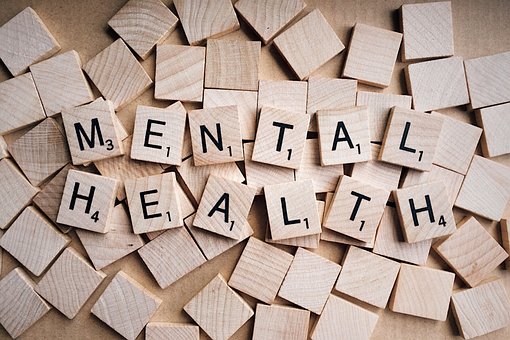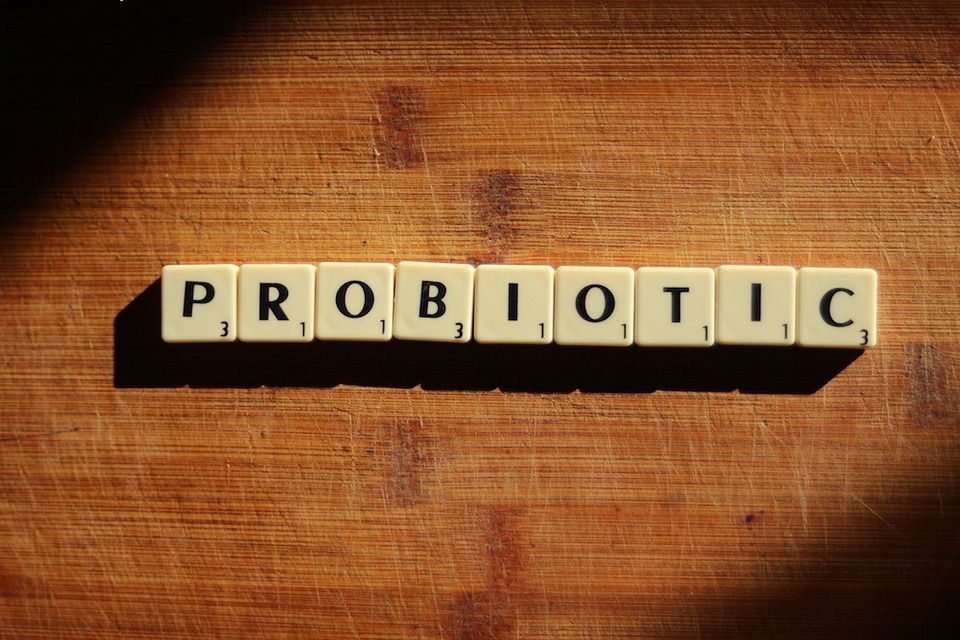When we think of probiotics, we often associate them with digestive health. However, recent research has shown that these beneficial bacteria can also have a positive impact on our mental health. In this article, we will explore the gut-brain connection and how probiotics can help improve mental health.
The Gut-Brain Connection
The gut-brain connection refers to the bidirectional communication between the gastrointestinal system and the central nervous system. This connection is facilitated by the enteric nervous system, a complex network of neurons and neurotransmitters that controls digestion and communicates with the brain.
Research has shown that this communication between the gut and brain is not just one-way, but that the gut can also influence our mental health. For example, a study published in the journal Psychopharmacology found that individuals who took a probiotic supplement for four weeks had reduced symptoms of anxiety and depression compared to those who took a placebo.
How Probiotics Improve Mental Health
So, how exactly do probiotics improve mental health? There are several ways in which these beneficial bacteria can have a positive impact on our mental wellbeing.
Reducing Inflammation
One of the ways in which probiotics can improve mental health is by reducing inflammation in the gut. Chronic inflammation has been linked to a variety of mental health conditions, including depression and anxiety. Probiotics can help reduce inflammation by promoting the growth of beneficial bacteria and preventing the growth of harmful bacteria in the gut.
Modulating Neurotransmitters
Probiotics can also help modulate neurotransmitters, which are chemicals that transmit signals in the brain. For example, the neurotransmitter serotonin, often referred to as the “feel-good” neurotransmitter, is produced in the gut. Probiotics can help increase the production of serotonin, which can improve mood and reduce symptoms of depression.
Improving Gut Permeability
Another way in which probiotics can improve mental health is by improving gut permeability. When the gut becomes too permeable, also known as “leaky gut,” it can allow harmful substances to pass through the gut barrier and enter the bloodstream. This can lead to inflammation and other health problems, including mental health issues. Probiotics can help improve gut permeability by strengthening the gut barrier and preventing harmful substances from entering the bloodstream.
Choosing the Right Probiotic
If you’re interested in trying probiotics to improve your mental health, it’s important to choose the right probiotic supplement. Here are some factors to consider:
Strain
Not all probiotic strains are created equal when it comes to mental health. For example, the Lactobacillus rhamnosus strain has been shown to reduce anxiety and improve mood, while the Bifidobacterium longum strain has been shown to reduce symptoms of depression.
Colony Forming Units (CFUs)
The number of colony forming units (CFUs) in a probiotic supplement is an important factor to consider. Generally, a higher CFU count indicates a more potent probiotic supplement. However, it’s important to note that more isn’t always better. Too high of a CFU count can cause gastrointestinal discomfort and other side effects.
Delivery Method
Probiotic supplements come in a variety of delivery methods, including capsules, powders, and drinks. Each delivery method has its own advantages and disadvantages, so it’s important to choose the one that’s right for you.
Quality
Lastly, it’s important to choose a high-quality probiotic supplement. Look for supplements that have been third-party tested for purity and potency.
Conclusion
The mind-gut connection is a fascinating area of research that has the potential to transform our understanding of mental health. While there is still much to be learned about the complex network of communication between the gut and the brain, the evidence to date suggests that probiotics may play an important role in improving mood, reducing anxiety and depression, and even improving cognitive function.
Of course, it’s important to note that probiotics are not a cure-all for mental health conditions. If you are struggling with symptoms of anxiety, depression, or any other mental health condition, it’s essential to seek the help of a qualified healthcare professional.
That being said, incorporating probiotics into your diet may be a simple and effective way to support your mental health. Whether you choose to eat more fermented foods or take a probiotic supplement, it’s worth considering the potential benefits that probiotics may offer. After all, a healthy gut is not only essential for good physical health, but it may also be key to a healthy mind.







